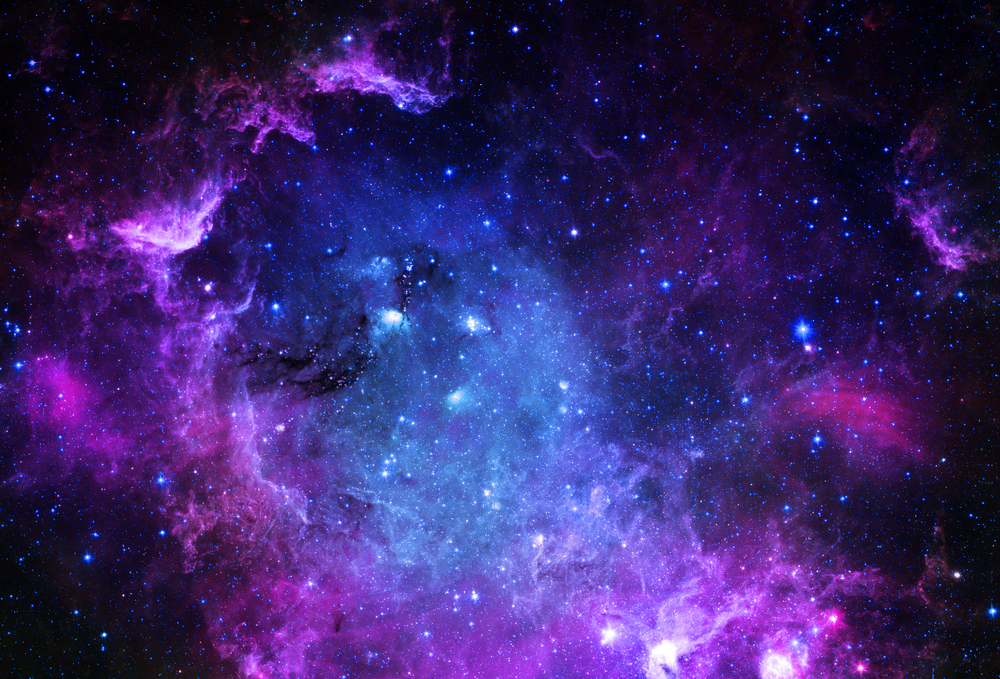Your answer reminded me of "Queen Sabine's" discussion of the measurement problem that she recently posted:I don't think "the moon only exists when we're looking at it" ideas hold much water. The measurement problem in quantum mechanics is indeed a problem, but because we're so far from solving it, and there are so many possibilities, I would not place bets on anything. That said, here's what's known so far:
Quantum mechanics does not define an "observer" in any formal way. However, we are observers, so the results of quantum mechanical experiments that we record are filtered through that undeniable fact.
What is defined in QM is a wavefunction. Wavefunctions have the very convenient property that if you add two of them together, you get a third one that's totally valid. This is the principle of superposition. Wavefunctions evolve according to the Schrodinger equation, and that evolution is completely deterministic: the same input will always produce the same output.
Now, from time to time, scientists come along who want to measure certain observable quantities of a particular wavefuncion. Whatever measurement we choose to make can be described mathematically as a superposition of a variety of wavefunctions giving some total wavefunction. And as it turns out, whenever we perform a measurement, our measuring device will record an observable quantity corresponding to only one component of that superposition.
And... that's it. Everything else is our interpretation. There are many possibilities for what all that entails, but to me it seems like what happens when we measure quantum systems is our problem, not reality's.
Wheeler and Linde in the second article do come across as very old-fashioned. Especially with gettting measurement and consciousness mixed up still.



